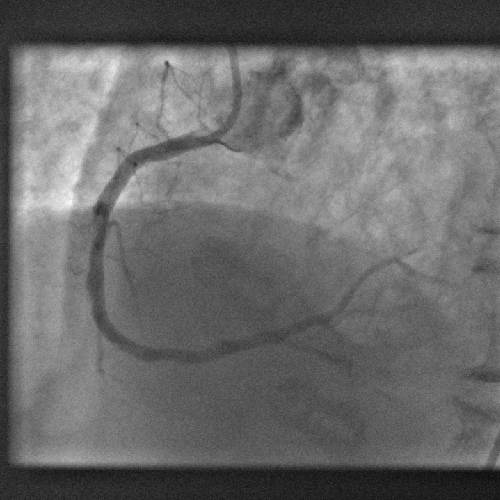Cholesterol-lowering "statin" drugs are safe and a very effective way to  reduce the risk of heart attacks, new research has confirmed.
reduce the risk of heart attacks, new research has confirmed.
The latest study, which is published in the Lancet medical journal this week, is a long-term trial coordinated by the Heart Protection Study Collaborative Group.
Over 20,000 patients were recruited into the trial and randomly assigned to receive 40mg of simvastatin, or a placebo, over a 5 year period.
The two groups were then followed up for a further 6 years afterwards to look at mortality and particularly cancer risk. This is because initial trials, despite showing dramatic reductions in heart disease rates and protecting against prostate cancer, suggested that statin therapy might nonetheless raise colon cancer rates by over 50%. This research was, however, not based on a randomised control trial, leading doctors to question the validity of the conclusions.
Consequently the new trial was convened and shows, convincingly, a 23% drop in heart attacks and other vascular disease rates in the statin recipients compared with the controls. The beneficial effect of the treatment also persisted throughout the duration of the follow up period, suggesting that statins carry a long-term legacy benefit that argues for early intervention.
Importantly, comparing the cancer rates between the placebo and statin recipient groups showed, despite numerous cancer diagnoses being made, there were no significant differences between the two groups.
Together, these results suggest that, as Payal Kohli and Christopher Cannon point out in a commentary article also in the Lancet, "prolonged treatment with statins is indeed efficacious, safe, and has long-lasting beneficial effects, even after discontinuation of therapy."










Comments
Add a comment